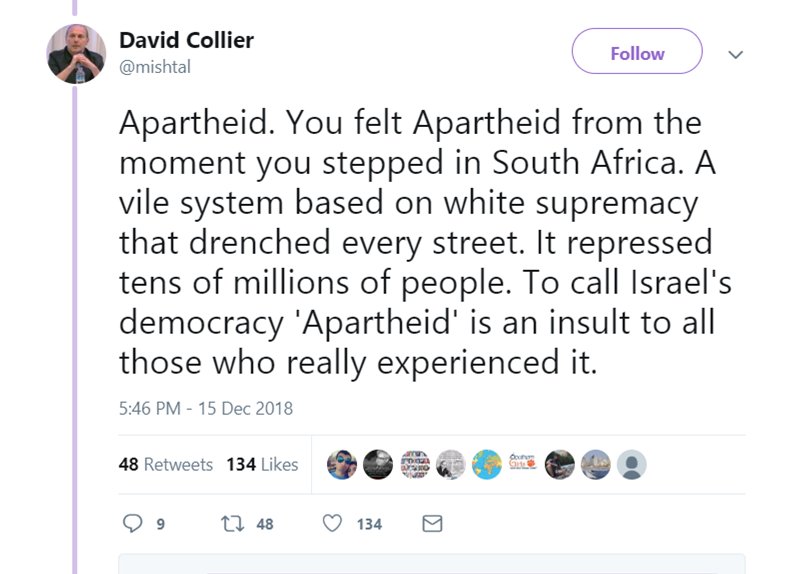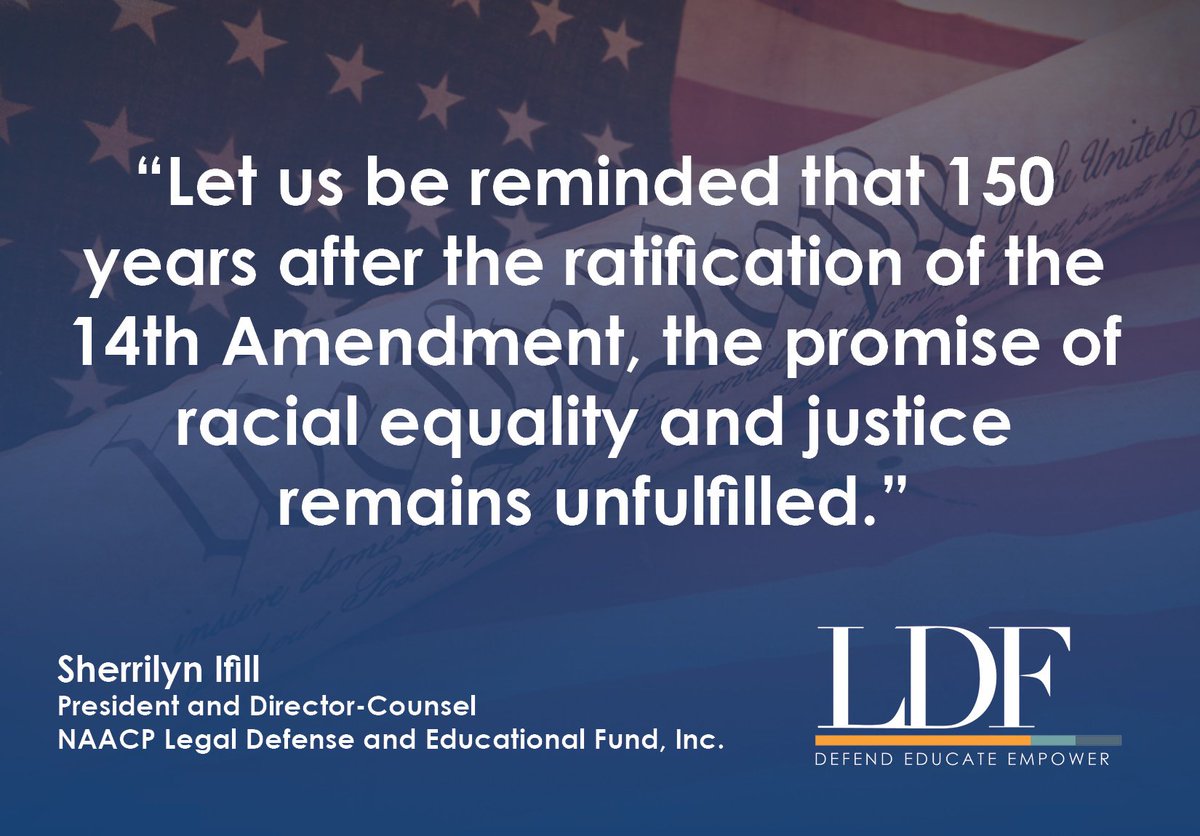9 July 2004 Advisory Opinion on
"Legal Consequences of the Construction Of A Wall
in The Occupied Palestinian Territory"
icj-cij.org/files/case-rel…
in a comprehensive manner the legal consequences of the construction of the wall, while the General Assembly - and the Security Council - may then draw conclusions from the Court's findings".
the opinion is to be given to the General Assembly, and not to a specific State or entity", the ICJ wrote.
it "must first determine whether or not the construction of that wall breaches international law"...
b4 deciding if that law's been breached
icj-cij.org/files/case-rel…
(Find it here icj-cij.org/en/decisions/a… )
way, in the hands of the occupying Power"...
Fourth Geneva Convention approved that interpretation at their Conference
on 15 July 1995. They issued a statement in which they 'reaffirmed the applicability of the Fourth Geneva Convention...
"Subsequently, on 5 December 2001, the High Contracting Parties...once again
reaffirmed the 'applicability of the Fourth Geneva Convention to the
Occupied Palestinian Territory, including East Jerusalem'.."
"In resolution 446 (1979) of 22 March 1979, the Security Council considered that those settlements had 'no legal validity' and affirmed 'once more that the Geneva Convention relative to the Protection
And "It called 'once more upon Israel, as the occupying Power, to abide scrupulously' by that (Geneva) Convention".
(That's paragraph 101.)











